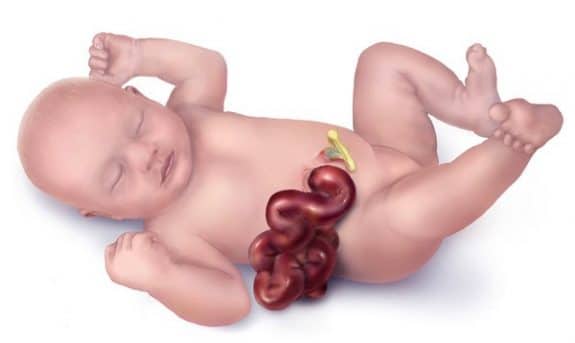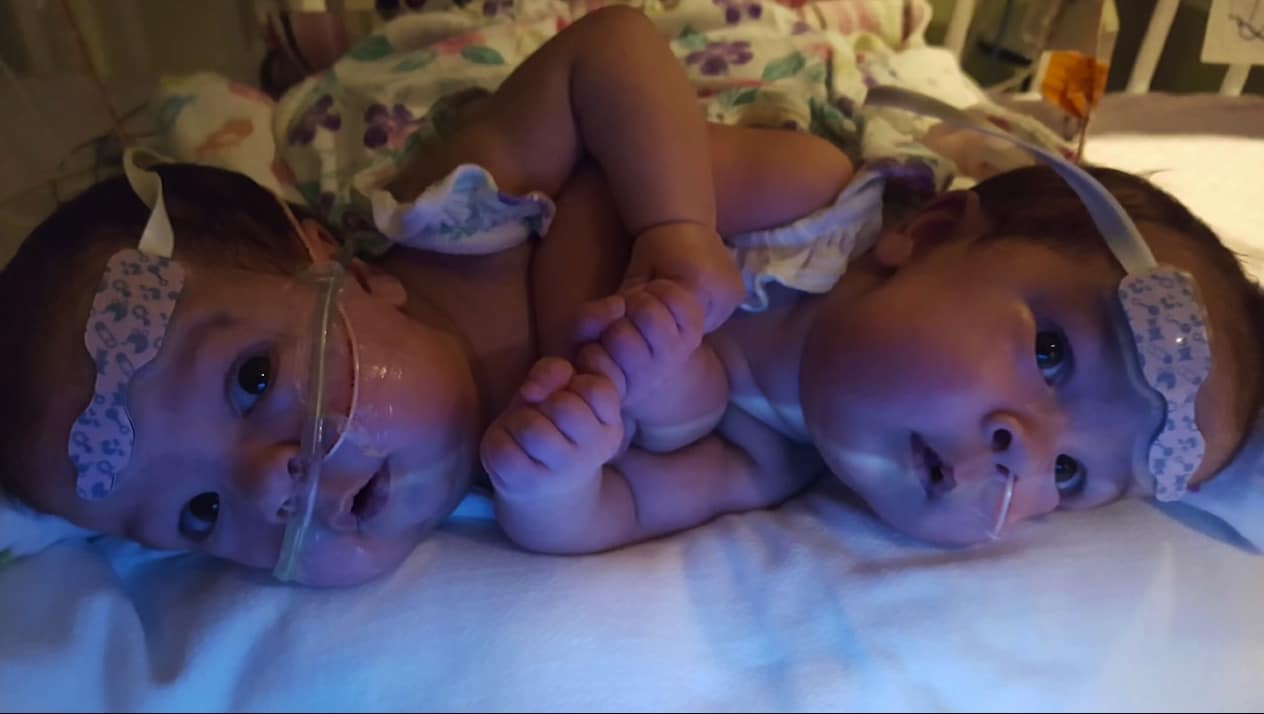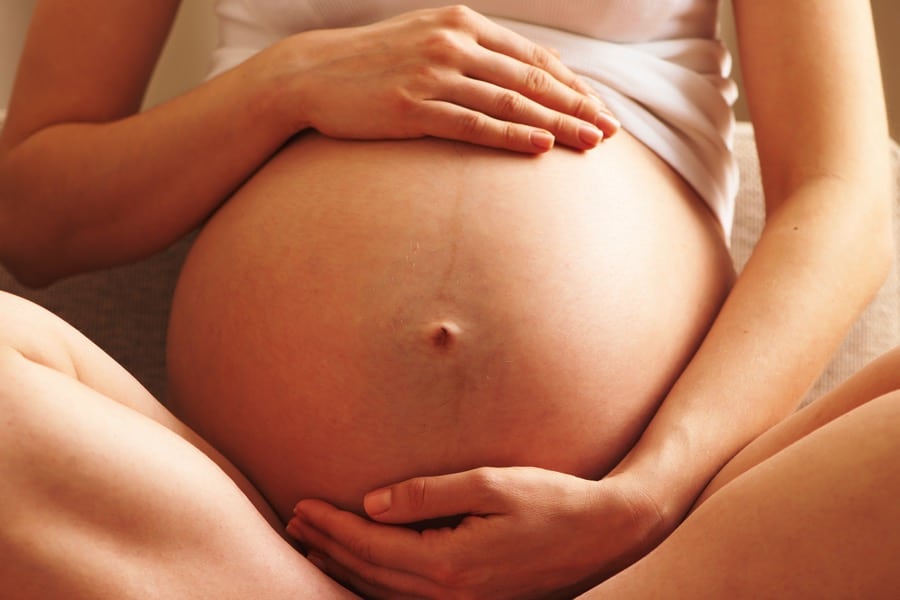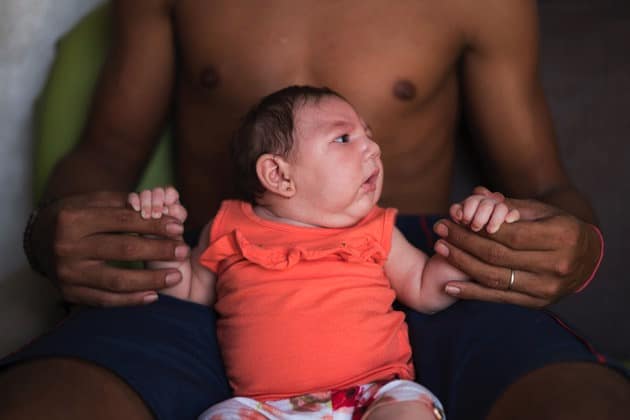It’s a puzzle medical professionals are struggling to solve. Experts don’t know why a serious birth defect is happening with more frequency in Canada. This congenital condition is called gastroschisis and manifests with infants born with their intestines protruding from a hole in the abdominal wall. Other vital organs including the liver and stomach can also be found outside of their bodies at birth.

IMAGE VIA WIKIPEDIA
Children born with the condition have to endure multiple surgeries. Three-year-old Dylan Cunningham had 24 operations to put his bowels back inside of his tiny body. His mom Andrea worried that he would die each time he was operated on, and was shocked to learn that four other babies born to families on the street where she lives were also born with gastroschisis.
Public Health Agency of Canada says that the mortality rate for the disease is about 5%, and while most babies born with the condition survive their full recovery depends on immediate surgery followed by months – and often years – of treatment and follow-up medical help. Cases of gastroschisis have doubled in Canada over the last twenty years, and other countries are reporting rising numbers of babies born with the condition. In Canada, approximately 150 babies are born with gastroschisis every year.
Medical professionals don’t know why the number of cases is increasing, but their research found concentrated pockets of the disease on both the east and west coasts of Canada, as well as in the far north. Some communities are showing a higher rate of pregnancies with gastroschisis than other parts of the country.
With no real clues, doctors can only speculate and question if the condition is related to water supply, or perhaps to some environmental toxin.
The defect occurs more frequently in babies born to mothers under the age of 20. While maternal undernutrition, alcohol and smoking are identified as risk factors, those don’t explain the strange geographical concentration of cases of gastroschisis.
Until there are answers, many families who already have a child with the condition are delaying having additional babies until the mystery is solved. They say that it’s unfair to put another child through the painful surgeries and ongoing treatments knowing what might happen.






